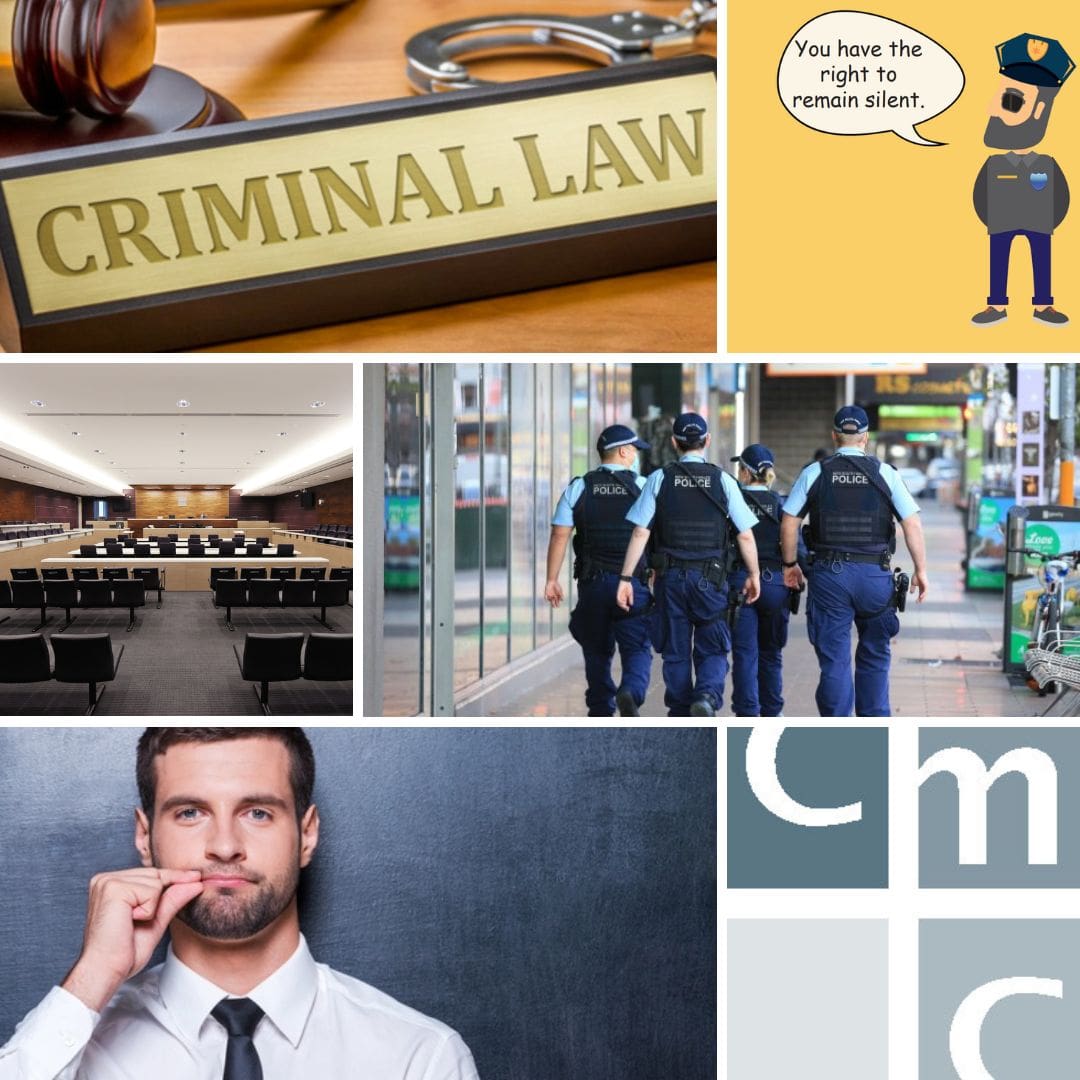If you have ever found yourself in contact with the police, you will know that it is an incredibly daunting experience. Whether you have been arrested or not, police often ask questions to investigate cases further. It is vitally important that you understand the right to silence in case you ever come into contact with the police.
The right to silence is a fundamental legal principle that protects individuals from self-incrimination during legal proceedings. In NSW, this right is enshrined in law and plays a critical role in maintaining the fairness of the legal system. This is because the police have the burden to prove that you are guilty beyond a reasonable doubt. You do not need to prove that you are innocent.
So what are some situations where a person can exercise their right to say nothing?
- During police questioning: If a person is detained or questioned by police, they have the right to remain silent. However, in certain situations, such as when a person is formally charged with an offence, they may be required to provide their name and address.
- In Court: During a trial, the accused has the right to remain silent and not give evidence. The prosecution is tasked with proving the case beyond a reasonable doubt without relying on the accused’s testimony.
It is important to be aware that, while you have the right to remain silent, there can be legal consequences. In some circumstances, the Court may draw adverse inferences from a person’s decision to remain silent, especially if it is believed that the silence is unreasonable or obstructive.
However, this is only in certain cases of serious offences and there are a number of criteria that must be met in order for an adverse inference to be drawn. One of these is that the accused person must be provided with a special caution and this must be in the presence of a lawyer. If that doesn’t occur, an inference cannot be drawn.
It is really important that you obtain legal advice if you are unsure about how to exercise your right to silence. Our criminal lawyers, David Borg and Geoff Lloyd, have decades of experience between them and can help you if you have an interaction with the police. Early advice can often avoid unnecessary arrest and incidents that can damage your defence to a crime.
The right to silence is a cornerstone of the legal system in New South Wales, safeguarding individuals against self-incrimination and ensuring a fair trial. While this right is a powerful tool for protecting personal freedoms, it must be exercised with an understanding of its potential implications. Legal advice and representation are essential in navigating the complexities of this right and ensuring that justice is served.




